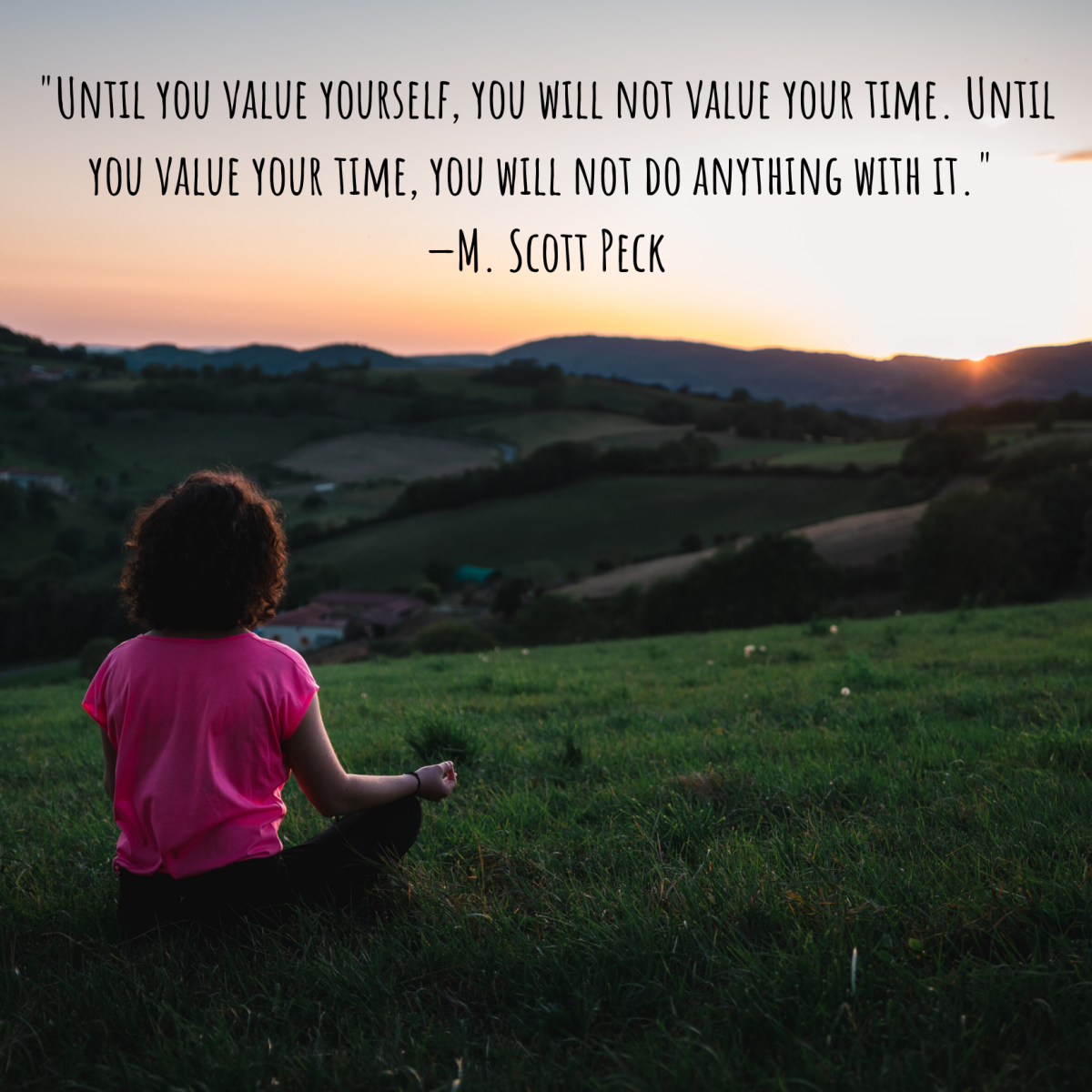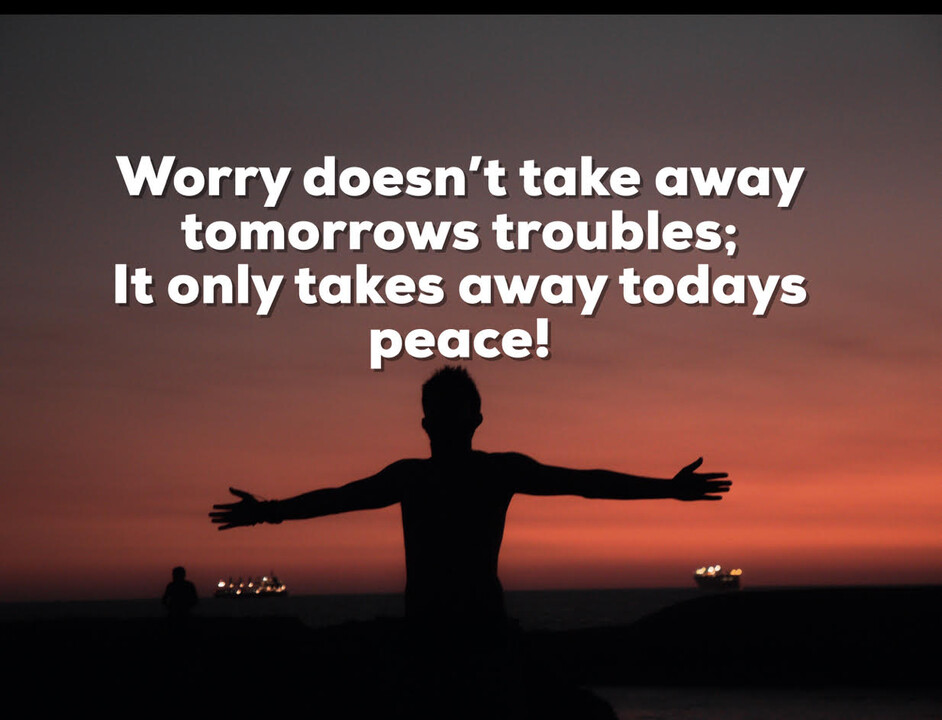Take 5 steps to wellbeing
Most of us know when we are mentally and physically well, but sometimes we need a little extra support to keep well.
There are five simple steps to help maintain and improve your wellbeing. Try to build these into your daily life – think of them as your ‘five a day’ for wellbeing.
Connect
Connect with the people around you: family, friends, colleagues and neighbours at home, work, school or in your local community. Think of these relationships as the cornerstones of your life and spend time developing them. Building these connections will support and enrich you every day.
Be active
Go for a walk or run, cycle, play a game, garden or dance. Exercising makes you feel good. Most importantly, discover a physical activity that you enjoy; one that suits your level of mobility and fitness.
Take notice
Be observant, look for something beautiful or remark on something unusual. Savour the moment, whether you are on a bus or in a taxi, eating lunch or talking to friends. Be aware of the world around you and what you are feeling. Reflecting on your experiences will help you appreciate what matters to you.
Keep learning
Don’t be afraid to try something new, rediscover an old hobby or sign up for a course. Take on a different responsibility, fix a bike, learn to play an instrument or how to cook your favourite food. Set a challenge you will enjoy. Learning new things will make you more confident, as well as being fun to do.
Give
Do something nice for a friend or stranger, thank someone, smile, volunteer your time or consider joining a community group. Look out as well as in. Seeing yourself and your happiness linked to the wider community can be incredibly rewarding and will create connections with the people around you.























